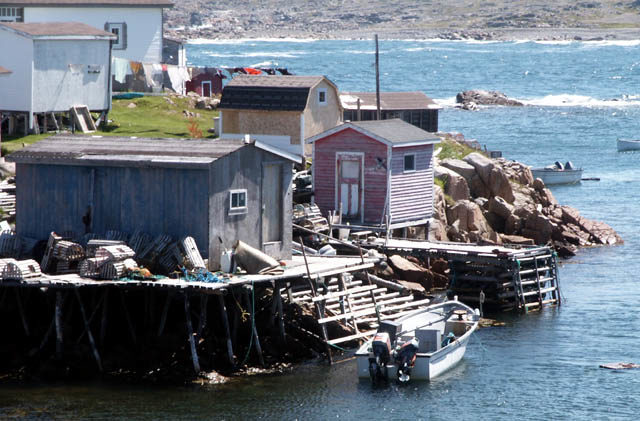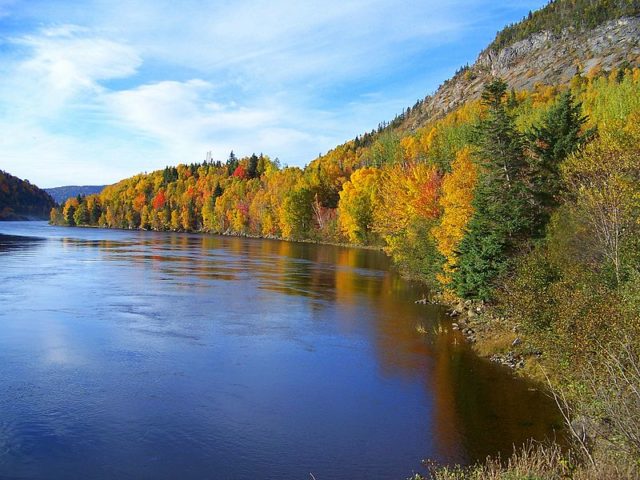An iron working hearthstone was discovered on Newfoundland, hundreds of miles from the only noted Viking location to date.
Another thousand-year-old Viking colony might have been found on the island of Newfoundland, Canada. The finding of the old Viking location on the Canadian coast could drastically change the story of the exploration of North America by the Europeans prior to Christopher Columbus.

The excavation of the stone, once used in iron working, on Newfoundland took place a hundred miles south of the only known Viking site located in North America. This proposes that Vikings may have traveled much farther into the continent than previously thought.
A team of archaeologists have been unearthing the newly-found location at Point Rosee, a narrow, windswept peninsula on the most western part of the island.
To date, the only official Viking site located on the American continent is the L’Anse aux Meadows. This 1,000-year-old way station was found in 1960 on the northern tip of Newfoundland. That colony was abandoned after just a few years of being inhabited. Archaeologists have spent the last 50 years looking for any other signs of the Viking expedition from Europe to the other side of the Atlantic.
American archaeologist Sarah Parcak, who has used satellite pictures to locate lost Egyptian cities, tombs, and temples, is now applying the same technology to explore the island, and looking for traces of Viking settlements.

Last June, she was drawn to this remote portion of Canada after satellite pictures unveiled ground features that seemed to indicate human activity. Sara had looked at the modern day plant cover to discover places where a possible Viking colony may have altered the soil by changing the moisture on the ground. She had previously used this technique in Egypt.
After identifying a possible location, archaeologists discovered a hearth stone. This was used for iron working, close to what seemed to have been a turf wall. Douglas Bolender, an archaeologist specializing in Norse settlements, states chronicles suggest a short period of activity, and a brief and failed settlement attempt.
The exact date of the L’Anse aux Meadows settlement’s active period is unsure. A location like Point Rosee has the possibility of revealing the extent of the initial wave of Norse colonization; not only for the Newfoundland but for the rest of the North Atlantic.
